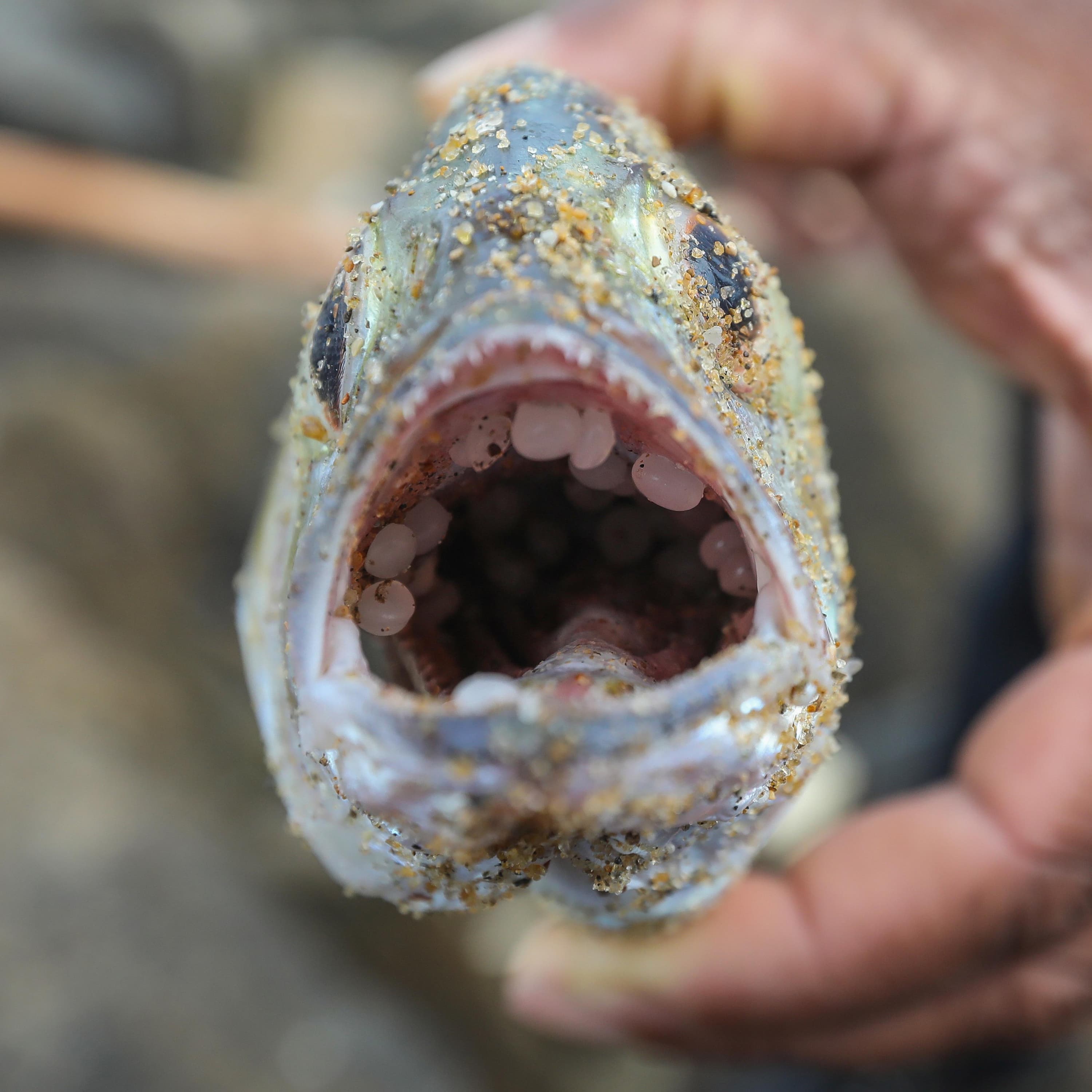
Taking on Eysenck: one man's mission to challenge a giant of psychology – Science Weekly podcast
Loading player...
In 1992, Anthony Pelosi voiced concerns in the British Medical Journal about controversial findings from Hans Eysenck – one of the most influential British psychologists of all time – and German researcher Ronald Grossarth-Maticek. Those findings claimed personality played a bigger part in people’s chances of dying from cancer or heart disease than smoking. Almost three decades later, Eysenck’s institution have recommended these studies be retracted from academic journals. Hannah Devlin speaks to Pelosi about the twists and turns in his ultimately successful journey. And to the Guardian’s health editor, Sarah Boseley, about how revelations from tobacco industry documents played a crucial role. Help support our independent journalism at theguardian.com/sciencepod




